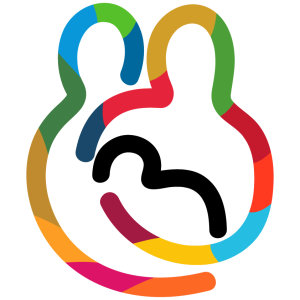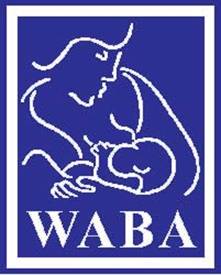WABA statement on International Women’s Day
8 March 2016
We know now that without gender equality and a full role for women in society, in the economy, in governance, we will not be able to achieve the world we hoped for.
Phumzile Mlambo-Ngcuka,
UN Under-Secretary-General and Executive Director, UN Women
Gender equality must underpin the aspiration of any society to reach its full potential and WABA is happy to join the UN this International Women’s Day 2016 to call for “Planet 50-50 by 2030: Step It Up for Gender Equality”.
Women all over the world continue to play dual roles as workers and carers. When women workers choose also to exercise their reproductive rights, their economic life becomes subject to the law, policy and societal prejudices. A woman worker who is a mother also has to consider everything from time off during her pregnancy to the length of her maternity leave, from flexible working arrangement policies to lactation breaks at her workplace. Women from poorer countries disproportionately work in the informal sector where they do not have any social protection at all.
Such matters are too often seen as unimportant ‘women’s issues’ and a woman worker’s role as mother and carer is often only tolerated rather than admired, supported and celebrated. However, attitudes and options are both changing. In 2016 we have an important opportunity to step up our efforts by anchoring gender equality at work as an issue that is firmly tied to Sustainable Development.
Women’s participation in work is vital because they are drivers of change. Women are independent economic units, responsible for their own economic survival and well-being. But we know that women also spend more time than men doing unpaid domestic work, with multiple activities such as childcare, cooking and cleaning.
The economic value of women’s contribution to the national economy is perceived as low, and reproductive work is not considered to be adding to the wealth of a country. Yet childbearing and lactation are biological functions that only women can undertake. Women should be able to engage in paid work and other work, and with adequate support, still care for children and breastfeed. Every mother has a right to the best for her child, and the best available advice and evidence recommends breastfeeding.
Equality for breastfeeding mothers would contribute towards progress for all of humanity and make for a healthier, just and sustainable future.
 WABA’s World Breastfeeding Week (WBW) campaign this year is about the Sustainable Development Goals (SDGs). We see breastfeeding as making a keycontribution to sustainable development with its links to nutrition and food security; health, development and survival; achieving educational potential and economic productivity and because breastfeeding is environmentally sustainable.
WABA’s World Breastfeeding Week (WBW) campaign this year is about the Sustainable Development Goals (SDGs). We see breastfeeding as making a keycontribution to sustainable development with its links to nutrition and food security; health, development and survival; achieving educational potential and economic productivity and because breastfeeding is environmentally sustainable.
Breastfeeding is the great equaliser and gives every child a fair and best start in life (SDG 5 – Gender Equality) Breastfeeding helps close the gap between rich and poor (SDG 10). It is uniquely a right of women and they should be supported by society to breastfeed optimally. Let us together, as a global community, protect, promote and support breastfeeding as part of our struggle for human rights, gender equality,and sustainable development.
More information on Breastfeeding and other SDGs
For more information, please contact:
Revathi, revathi@waba.org.my
Programme Coordinator, Maternity/Parental Protection Campaign & Gender
References:
1. The Lancet, Breastfeeding in the 21st century: epidemiology, mechanisms, and lifelong effect .Volume 387, No. 10017, p475–490, 30 January 2016.
